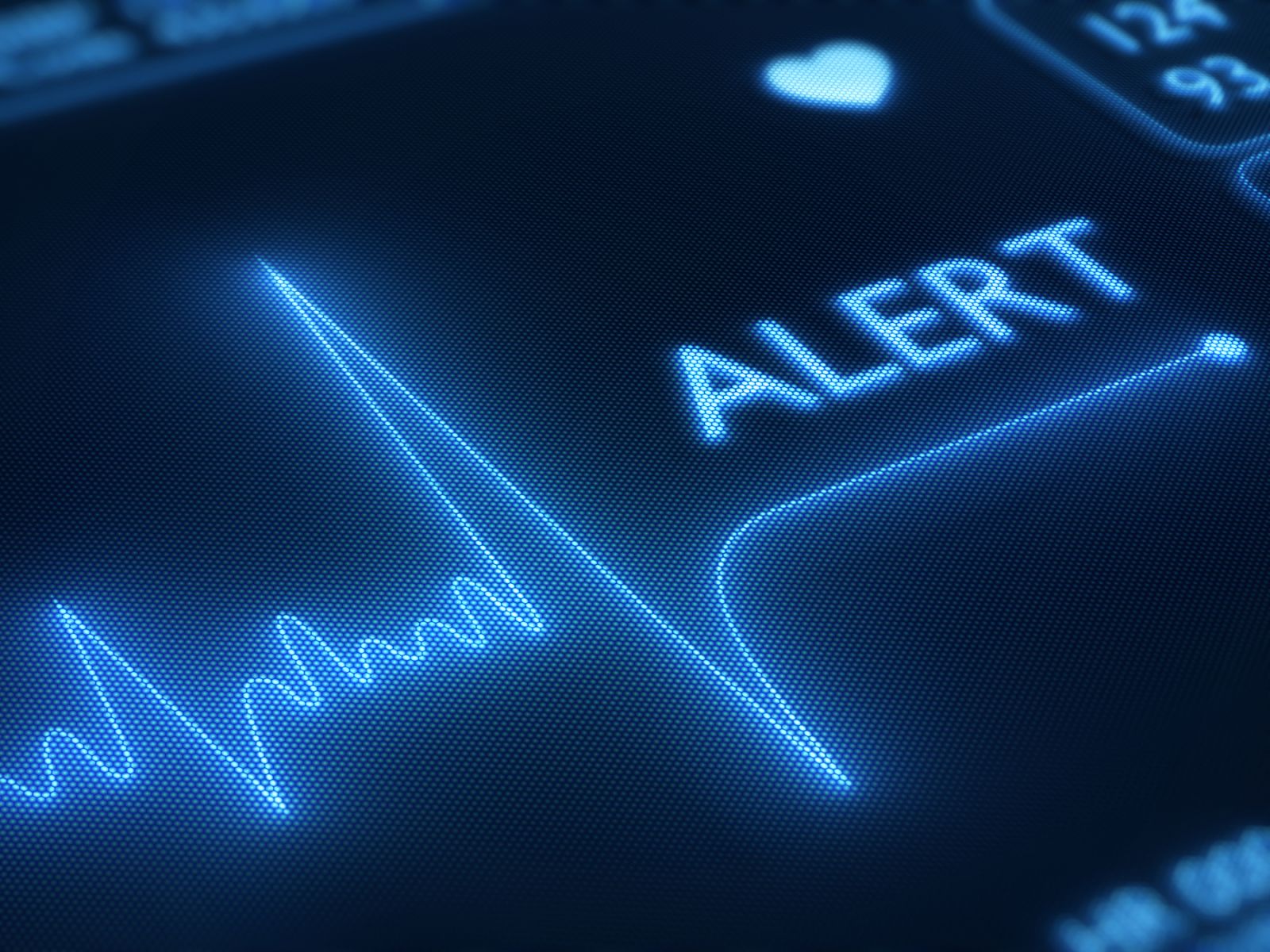Your weekly health column is my “2019 Column of the Year” in the entire newspaper industry. You have done so well in educating the public. Please talk about Stroke as it is very common and killing many people in our dear nation.
Gabriel V.
Thanks Gabriel for your kind words. A stroke occurs when the blood supply to part of the brain is interrupted or reduced, preventing brain tissue from getting oxygen and nutrients. A stroke is a medical emergency, and prompt treatment is needed always as you rightly said.
What are the symptoms?
- Trouble speaking and understanding what others are saying.
- Paralysis or numbness of the face, arm or leg.
- Problems seeing in one or both eyes.
- Headache.
- Trouble walking.
Some causes stroke?
There are two main causes of stroke: a blocked artery (ischemic stroke) or leaking or bursting of a blood vessel (haemorrhagic stroke). Some people may have only a temporary disruption of blood flow to the brain, known as a transient ischemic attack (TIA), that doesn’t cause lasting symptoms.
- 1. Ischemic stroke. This is the most common type of stroke. It happens when the brain’s blood vessels become narrowed or blocked, causing severely reduced blood flow (ischemia). Blocked or narrowed blood vessels are caused by fatty deposits that build up in blood vessels or by blood clots or other debris that travel through your bloodstream and lodge in the blood vessels in your brain.
- 2. Haemorrhagic stroke. Haemorrhagic stroke occurs when a blood vessel in your brain leaks or ruptures. Brain haemorrhages can result from many conditions that affect your blood vessels. Factors related to haemorrhagic stroke include: Uncontrolled high blood pressure OR overtreatment with blood thinners (anticoagulants) OR bulges at weak spots in your blood vessel walls (aneurysms) OR trauma (such as a car accident) OR protein deposits in blood vessel walls that lead to weakness in the vessel wall (cerebral amyloid angiopathy)
- 3. Transient ischemic attack (TIA). Sometimes known as a ministroke, is a temporary period of symptoms similar to those you would have in a stroke. A TIA doesn’t cause permanent damage. They are caused by a temporary decrease in blood supply to part of your brain, which may last as little as five minutes. Like an ischemic stroke, a TIA occurs when a clot or debris reduces or blocks blood flow to part of your nervous system.
What are the risk factors?
- Being overweight or obese
- Physical inactivity
- Heavy or binge drinking
- Use of illegal drugs such as cocaine and methamphetamine
- Medical risk factors
- High blood pressure
- Cigarette smoking or secondhand smoke exposure
- High cholesterol
- Diabetes
- Obstructive sleep apnea
- Cardiovascular disease, including heart failure, heart defects, heart infection or abnormal heart rhythm, such as atrial fibrillation.
- Personal or family history of stroke, heart attack or transient ischemic attack.
- Age; people age 55 or older have a higher risk of stroke than do younger people.
- Sex; men have a higher risk of stroke than women.
- Hormones; use of birth control pills or hormone therapies that include estrogen increases risk.
What are the complications?
- Paralysis or loss of muscle movement.
- Difficulty talking or swallowing.
- Memory loss or thinking difficulties. Many people who have had strokes experience some memory loss. Others may have difficulty thinking, reasoning, making judgments and understanding concepts.
- Pain, numbness or other unusual sensations may occur in the parts of the body affected by stroke.
What are the preventive methods?
- Controlling high blood pressure (hypertension).
- Lowering the amount of cholesterol and saturated fat in your diet.
- Managing diabetes. Diet, exercise and losing weight can help you keep your blood sugar in a healthy range.
- Maintaining a healthy weight. Being overweight contributes to other stroke risk factors, such as high blood pressure, cardiovascular disease and diabetes.
- Eating a diet rich in fruits and vegetables.
- Exercising regularly.
- Drinking alcohol in moderation, if at all.

 Join Daily Trust WhatsApp Community For Quick Access To News and Happenings Around You.
Join Daily Trust WhatsApp Community For Quick Access To News and Happenings Around You.


